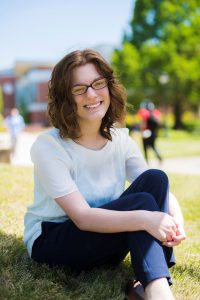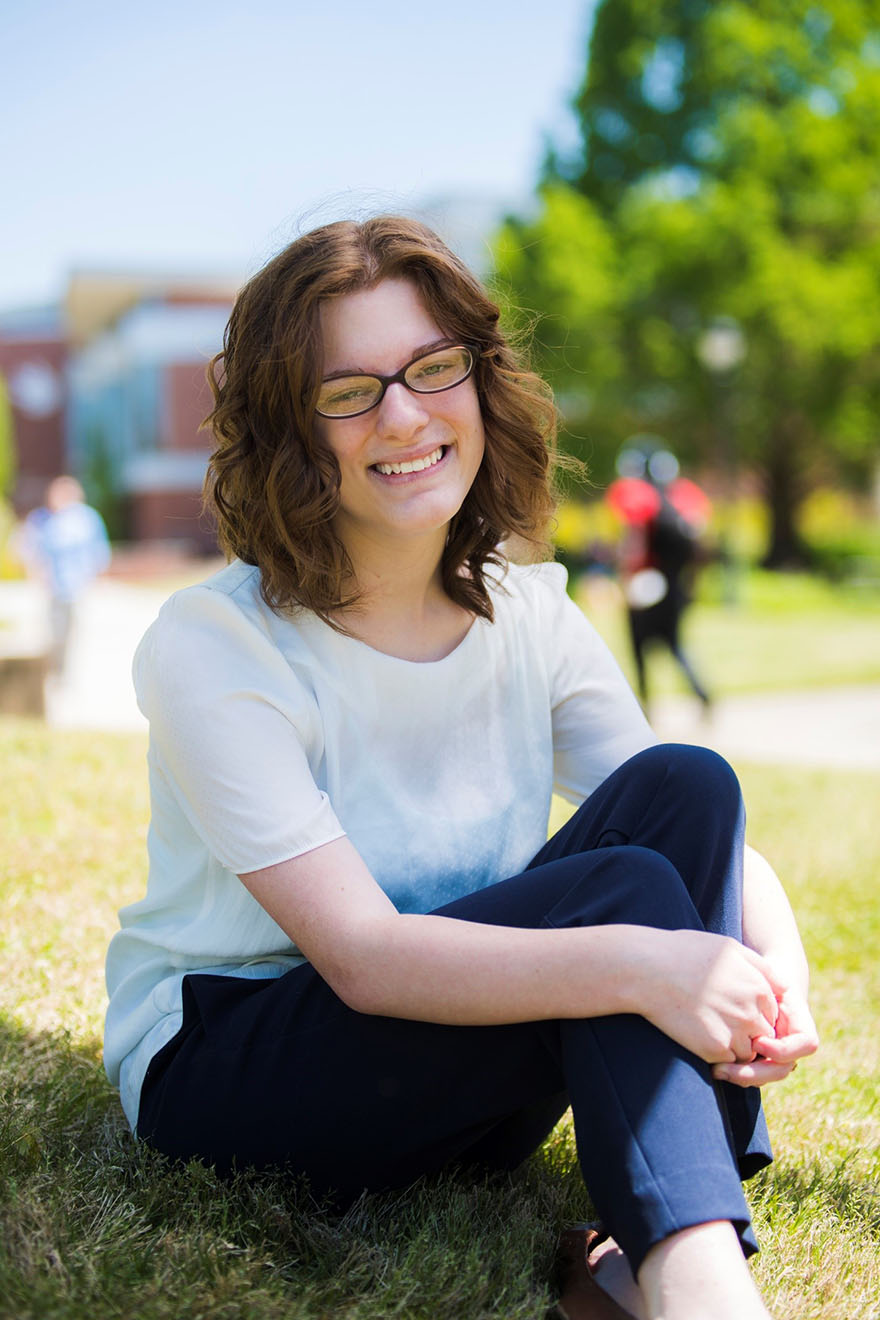Written by Mallory Carpenter, Fulbright Program Advisor, Marshall University, Huntington, WV
As a West Virginia native and first generation college student, hearing that fellowship applicants from West Virginia are like “unicorns” took me by surprise. At the biennial National Association of Fellowship Advisors conference, a fellow attendee made the comparison because, according to her, “West Virginia applications are so rare and so special.”
West Virginia is an underrepresented state in terms of the number of students who study abroad. Prior to the creation of the Fulbright Advising office at Marshall University, students had received a few study abroad awards back in the 1960s, but then literally nothing until 2015 – just before I was hired. That year, a student applied and received a Fulbright English Teaching Award (ETA) to teach in the Slovak Republic—this was the first Fulbright student award we had had in 48 years.
Despite this, I saw many connections between the character of my student population and the mission of Fulbright. Encouraged by the ETA award success, I heavily promoted the Fulbright Program on campus. Fulbright’s mission of cross-cultural exchange fit my students’ drive and desire.
During the first year that my office was in operation, I had one applicant. He applied to a highly competitive UK Partnership Program. This was our first study/research application in years and there we were—advancing forward in the competition already. Sadly, right after his semifinalist notification came word that the UK school involved in his proposed partnership was doing away with the degree program—and that was that.
Nonetheless, I used that small success to promote the program more. “Look, we had one applicant last year and he advanced in one of the most competitive programs. You can do this,” I found myself saying over and over again to my students. My mission was to convince my unicorns they were really unicorns—by talking to them about their stories and showing them how they fit with Fulbright’s mission.

Hailey Hughes
The next year, I had an outstanding student who was incredibly interested in a Fulbright award in Ireland. Hailey Hughes, an English major who was also interested in using disability studies in her creative writing, wanted to apply. We worked diligently for months on her application. Her professors approached me regularly, asking,“Have you heard anything? When will she find out?” It seemed like half the campus was invested in the student’s application.
I wish I could say Hailey got the award, but she didn’t. We were all disappointed. I tried to see the bright side, though. My office had been open for two years, and for the first time my office not only had applicants to Fulbright, but each of these applicants had been a semifinalist. Hailey came back to me in the spring saying, “I think I want to do this again. I want to reapply.”
That year, I had two applicants. The Fulbright snowball was rolling. Once again Hailey advanced to semifinalist status. Then, in early April, we received notification Hailey had received the award. She was the first study/research winner my institution has had since 1967.
People will see Hailey as a representative of the Fulbright Program and will get a glimpse of what West Virginians and people with disabilities can accomplish. To date, I’ve had double the level of interest in Fulbright applications for this year’s cycle. I can’t wait to see where it’ll go from here.
Photo Credit: Stephen Broome


No Comments